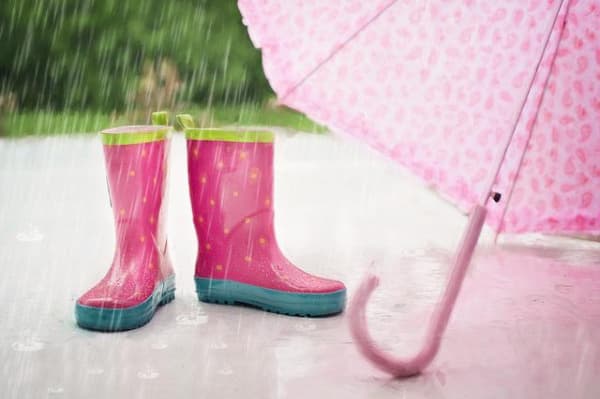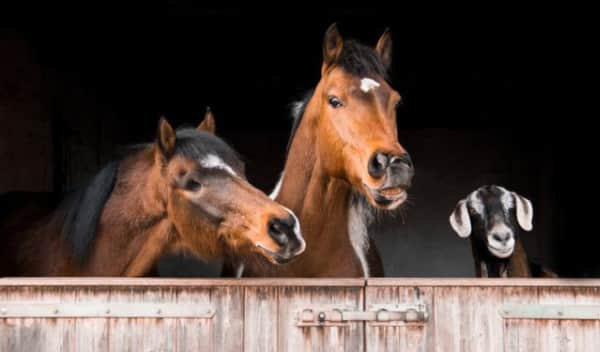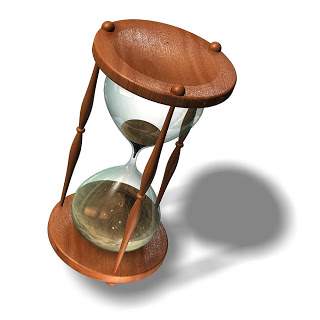What’s that you say?
Last week I ended my blog post with the phrase “right as rain” and wondered aloud (or in print anyway) where that phrase came from. It got me thinking about other idioms and how they came to be…what were the original meanings? For answers, I turned to my friend Google. Today I share Google’s wisdom with you, but before we get started, some advice from Merriam Webster:
Before you read any further, however, you should consider yourself forewarned that this article will not attempt to claim to have proved with certainty the trustworthiness of any of [these origin stories]. If you would seek certainty in life, go read the scores for yesterday’s sports games. If you would embrace the messy and chaotic uncertainty of language, then read on.
~Merriam Webster
Right as rain

This phrase is widely accepted to mean in excellent health or condition. According to Dictionary.com, the phrase originated in Britain, where rain is commonplace and perhaps considered the normal or “right” weather. World Wide Words adds some possible insight, saying, “there’s a lurking idea that rain often comes straight down, in a right line.” The phrase was first recorded in 1894.
Hell in a handbasket

This idiom refers to a situation that is rapidly deteriorating or set firmly on a course for disaster. According to Ginger, “the origin of the phrase hell in a hand basket can be found in the practice of capturing the heads of guillotine victims in a basket, with the presumption being that these criminals would be going straight to hell for their crimes.” That was not at all what I was expecting, but certainly paints a vivid picture. The first printed example is found in Winslow Ayer’s book on the American Civil War, The Great North-Western Conspiracy.
Spitting image

Though this phrase is often mistakenly pronounced as “splitting image,” the original phrase is indeed “spitting image” and means someone who looks very much like someone else. Merriam Webster suggests this idiom may have developed because it was said that a child looked enough like a parent to have been spit out of the parent’s mouth. There is also conjecture that the spit in question may be a Biblical reference to another bodily fluid. I think we’ll just leave it at that. This phrase first appeared in print in the early 19th Century.
Get your goat

If something or someone gets your goat, they have upset or irritated you. Of course, if someone takes anything that belongs to you, it is upsetting, but why specify a goat? How many of us even have a goat to get? According to The Phrase Finder, one commonly repeated (but entirely unsubstantiated) story is that goats were placed with racehorses to keep them calm. If a bad actor who wanted the horse to race poorly removed the goat, the horse became unsettled and ran badly. The first known printing of this phrase was in The Stevens Point Daily Journal, May 1909.
Pleased as Punch

This common phrase means to feel a great sense of delight. However, I found the origin of this phrase anything but delightful; in fact, it’s rather disturbing. According to Grammarist (and every other source I checked), the phrase is derived from the Punch and Judy puppet shows that were popular during the 1700s and 1800s in Europe and Great Britain. Punch is an evil character who beats his baby to death, as well as his wife, a policeman, and various other characters. After each of his murders, Punch is extremely pleased with himself and declares, “That’s the way to do it!”
Yikes! On that note I bid you adieu.
Your turn
- What’s another common phrase or idiom of which you’d like to know the origin?
- Is there a phrase you’d like to get started? Create your own idiom!
- What else is on your mind? Anything at all; I just love to hear from you.
Images from Pixabay







Hi Christie – this was a fun post, and I never did understand the appeal of Punch and Judy – it’s quite macabre violent (hardly fun or childlike!) It’s funny how we use so many expressions without really thinking about their origin. I wrote a post ages ago that included five of my favourite Aussie expressions – I thought I’d share the link as my answer to your question….. https://www.crestingthehill.com.au/2017/01/five-things-friday-5-aussie-expressions.html
Thanks for sharing that link, Leanne. I really enjoyed learning some Aussie expressions. They were all new to me. It is funny how these expressions develop and gain traction over time until we have no idea where they came from. They certainly give color to our speech, but I imagine they are a problem for anyone trying to learn our languages.
Punch and Judy shows were quite common when I was a child. I think Punch goes back even further to Punchinella in the Italian Comedia d’el arte.
I believe you are correct, Anne. When I Googled Punch and Judy, I got a Punchinella photo. It seems many older stories have a macabre theme to them.
Fascinating! I had a boss years ago that would often look into, and share, the etymology of words he would use. I’ve also found in some of my reading how words shifted in meaning, sometimes intentionally to denigrate something. Then there are terms/words that are now considered not politically correct, but at one time they were commonly used. And then, there are phrases that are just based on old technology… “dial in” , “don’t touch that dial”,”cc” for carbon copy! Language is fascinating. Thanks for sharing your findings.
I also find language fascinating, Pat, including how people change phrases like spitting image to splitting image and nip it in the bud to nip it in the butt. I’m glad you enjoyed this little snippet. When I was writing a novel based on my mother’s young adulthood in the 1950s, I had to be really careful about the phrases I used in the dialogue to stay realistic with the times without sounding contrived. I’m still not sure I got it 100 percent.
Excellent selection of phrases for checking out the origin. I was surprised to be in the dark about the goat & racehorses as both sets of grandparents owned racehorses and I never saw a goat or heard the tale. That’s not to suggest that as soon as the owners left the goats wouldn’t be brought out 😉
The Punch & Judy one tapped right into my reaction as a young person coming to England from a life overseas. I found the English downright odd and wanted to leave as quickly as possible, although I admit my experience of the English was largely attending a catholic boarding school on the south coast being where I saw my first Punch ‘n Judy show! Fortunately life has allowed me to discover the English are considerably more than nuns & Punch ‘n Judy 😀
I’m glad you enjoyed these phrases, Debs. As soon as I finished, others came to mind…like apple of my eye. I’m going to have to check that one out. I had no idea your grandparents owned racehorses. They are such beautiful, majestic animals. I can imagine seeing Punch & Judy didn’t endear the English to you right away! I have never been to England, but we just met a lovely English couple while in Mexico.
This is a fun post. I like all things wordy. I’d like to know more about “cool your jets.” Some people use it to mean “be patient” while other people use it to mean “don’t get angry.” Maybe it means both?
As for starting my own phrase how about: “all praise Ally Bean.” That has a nice ring to it. ?
Good question, Ally. From what I can find, the phrase “cool your jets” first appeared in the 1970s and comes from the literal practice of cooling jets. After a flight, a jet’s engines are hot from use and need to cool down. It’s usually used in the sense of telling someone to calm down, which could refer both to impatience or anger. As for “All praise Ally Bean,” I’ve been using that phrase for a while now. I’m sure it will hit the Idiom Dictionary any day now.
Thanks for the super fun, and very informative post.
One expression that gets me is ‘I don’t give a tinker’s damn/dam’.
I think there are a couple of possible origins for this one.
I’m glad you enjoyed it, Donna. I have to confess, “a tinker’s dam/damn” is a new one for me. You were correct that I found two possible explanations: “There’s some debate over whether this phrase should be ‘tinker’s dam’ – a small dam to hold solder, used by tinkers when mending pans, or ‘tinker’s damn’ – a tinker’s curse, considered of little significance because tinkers were reputed to swear habitually.”
What a fun theme for a blog post. My mom’s speech was always punctuated with Ozark mountain sayings and other expressions. I grew up saying them, too. When I lived in Panama, I said ‘fat as mud’ so much that my (ex)husband’s family asked what in the world that meant. Fat as mud doesn’t make any sense in English and translates even more poorly into Spanish. This would be a fun monthly series. Even to just examine one or two phrases or idioms each post.
The expression pleased as punch/Punch reminds me of the various origins attributed to ring around the rosie. I taught the children nursery rhymes in the library, this one included. But explained the history behind them to the older children. One origin suggest this rhyme talks about the rash that is an early symptom of the plague. https://americansongwriter.com/behind-the-song-lyrics-and-meaning-of-ring-around-the-rosie/ Another origin suggests. This article is very interesting, too: https://blogs.loc.gov/folklife/2014/07/ring-around-the-rosie-metafolklore-rhyme-and-reason/.
I’m glad you enjoyed it, Leslie. It was fun for me putting it together. I haven’t heard “fat as mud,” so of course, I had to look it up, but I had a hard time finding a good explanation. I’d be curious to hear if you have any knowledge of the phrase’s origin. Thanks for sharing the links on ring around the rosie. I had heard some general information that it was related to the plague, but found this additional detail very interesting.